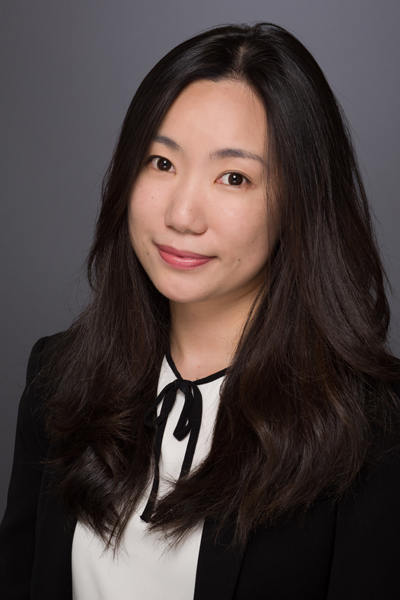Marketing Seminar(2017-28)
Title: Why Does a Firm Provide its Best Quality Input to the Rival?
Speaker: Michelle Lu, Desautels Faculty of Management, McGill University
Time: Wednesday, 22 November, 13:30-15:30
Location: Room K01, Guanghua Building 2
Abstract:
In this research, we try to understand a prevalent business puzzle that one of the retail market competitors supplies the best of its key input to its close rival, making the rival firm an even stronger player. For example, Samsung supplies its leading OLED display to Apple’s iPhone X despite the fact that the two companies compete fiercely in the smart phone market. We provide a competitive analysis of this dual channel issue where the vertically integrated producer (VIP) firm supplies and competes with its downstream rival. We propose a new “selling agent theory” to explain the underlying mechanism why the VIP firm is better off providing high-quality input to the rival. By providing the best input to the rival and then extracting its surplus from the upstream, the VIP firm can use the rival as its downstream selling agent. Counter-intuitively, our agent theory suggests that the VIP firm’s problem does not necessarily lie in a vertical conflict – trade-off between upstream and downstream profits; but rather lies in a downstream conflict – comparison of the two firms’ total downstream profits under different input provision strategies. The key characteristic of our model focuses on the difference in the firms’ competency in consumer value creation. By allowing a competent competitor to use the better input, the VIP firm can benefit from the competitor’s ability of fetching higher consumer valuation, which enables it to profit from larger consumer surplus extraction. The downstream conflict arises when high quality input provision results in less differentiation. The VIP firm forecloses its high quality input to the rival if consumer value creation does not sufficiently counteract the intensified competitive effect due to less differentiation. We are also able to provide managerial implications to practitioners by constructing an example that consumer value creation takes on a multiplicative term of a firm’s brand name and the input quality.
Introduction:

Michelle Y. Lu is Assistant Professor of Marketing at Desautels Faculty of Management, McGill University. She received her Ph.D. in Marketing from Yale in 2015 and BA in Economics from Peking University in 2009.
Professor Lu's research focuses on a firm's advertising and marketing communication strategies in various context. In the context of radical products, her research models marketing communication as a two-sided costly process that involves both firms' and consumers' efforts to transmit and assimilate information and investigates its implication on a firm's optimal information disclosure strategy. This research is forthcoming at Marketing Science. Her another research studies the credibility issue of unbranded advertising -- firms intentionally refrain from touting brands' messages and mimic educational advertising. This issue is particularly important in the context where consumers have no adequate knowledge to assess the products.
Your participation is warmly welcomed!


